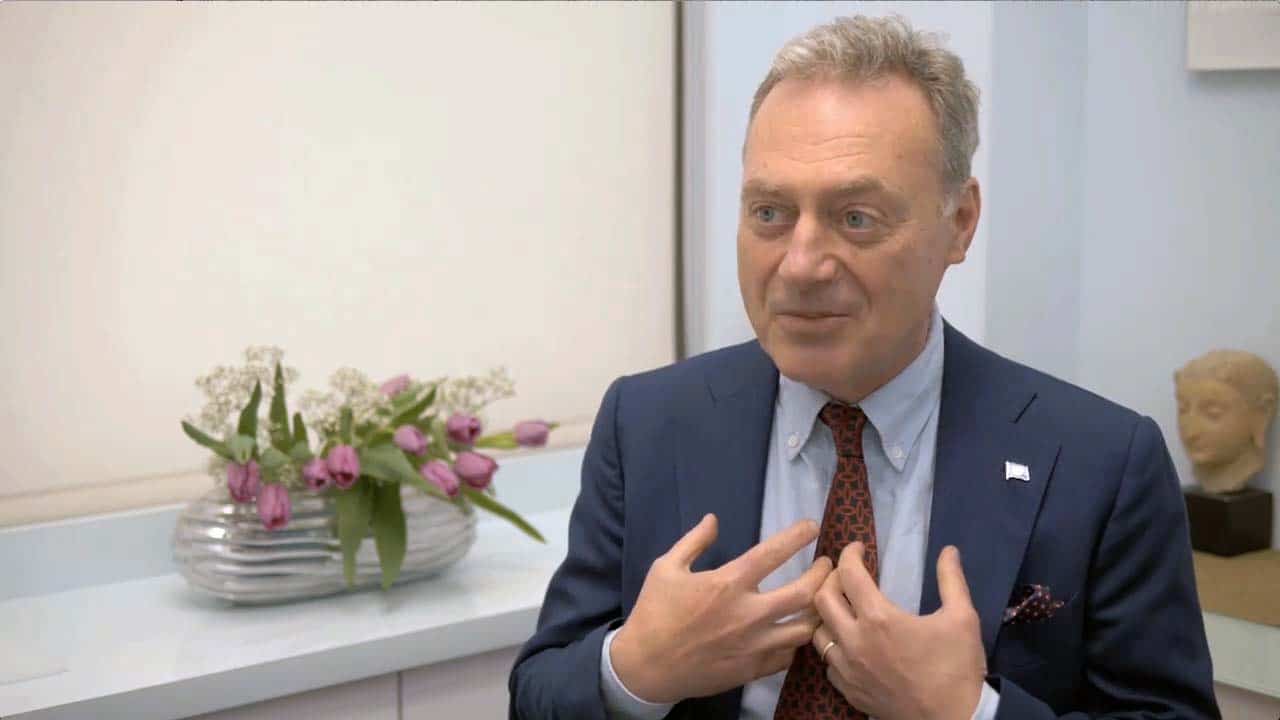SMART stands for Stress Management And Resiliency Training. It’s an eight-session program. Each session is two hours, and so it’s an eight-week course that people will take. Each unit, each session focuses on different things. The first one is an introduction to the Science of Stress and Science of Stress Management. Dr. Benson has traveled the world researching stress management. He’s worked with Tibetan monks that can sit in the snow in wet shirts and make the shirts go dry over time. We now know that the brain controls the body. We now know that we can control our mind and the thought process.

The First Session: The Science of Stress
The first unit, the first session, is all about the Science of Stress. What happens in our systems? To help people understand why we react the way we responded to certain events? It talks about the bottom-up or top-down thinking because we have this thing called the amygdala. The amygdala is a very ancient part of the brain that regulates the fight-or-flight response, for example. We need to have that. However, as we grow up, as we become adults and in our childhood, we’re exposed to different events. The amygdala is very much autopilot. It sees something, and then it triggers off a response. Today what we see most people in today’s world at least in the civilized or so-called civilized society, people are spending their time mostly in this call would flight-or-fight response.
Something happens, the amygdala kicks in, and then your adrenaline starts pumping. Your cortisol kicks in, and then your blood pressure goes up because your blood vessels constrict. Your breathing becomes more shallow, but you’re not aware of it unless you know how to see if this is the right stress? Then, of course, we have behavioral responses in response to this subconscious chemical process. Understanding how it works is stepping one to taking control of how you actually can help yourself stay healthier. We know now that, for example, the relaxation response. This is what Dr. Benson had described through meditation.
You can change your heart rate. You can change your blood pressure. You can change how tense you are. They see that meditation will also affect us on a genetic level through the research they’ve done with Harvard Medical School. When you meditate regularly using particular techniques very much like the Buddhist monks, you can down-regulate the inflammatory genes, for example. Your DNA won’t express them. You’ll have less inflammation in your body. You can up-regulate genes that control insulin. Your sugar in the bloodstream isn’t going to go up and down.
You’re going to have a much more stable mood, for example. All these things are essential for people to know why are we doing this? What’s happening when we perceive stress? That’s step one of the SMART program.

Applying Stress Management Tools
Being this is a learning course and a learning opportunity; there is, of course, homework that everyone gets to do. Homework involves practicing, developing a practice of meditation to accurately elicit the relaxation response, and doing a lot of different self inventories. Journaling, for example, is one of the tools that we use. Also writing down what you’re grateful for in life—writing down what upsets. You can understand how your mind works because if you don’t think about how your account is working, you’re just totally clueless.
You’re responding to all these stimuli as opposed to reacting. We teach people how to act in response to something instead of just automatically reacting. The tools in the first session are knowledge of course understanding. Of course, we go through the basic elicitation of the relaxation response.
The training part of each module is the actual information. It’s how things work, why they work, how they were developed. That’s what people need to know because then there’s context to what they’re trying to do. The practical part of each session is the actual practical application of that knowledge. Whether it’s a mindfulness meditation or a mindfulness session, or if it’s a particular yoga practice or maybe a little bit of Tai chi.
We try to incorporate everything into this because exercise, proper nutrition, and different things you can do throughout the day like mini-meditations, how do you do that. Each session will focus on the knowledge and practical application.
Learn More About the SMART Training
To learn more about the SMART program and Better Health Chiropractic, you can visit the website for the practice (https://betterhealthchiropracticpc.com/). To register for the Stress Management And Resiliency Training call 212-956-5920.


